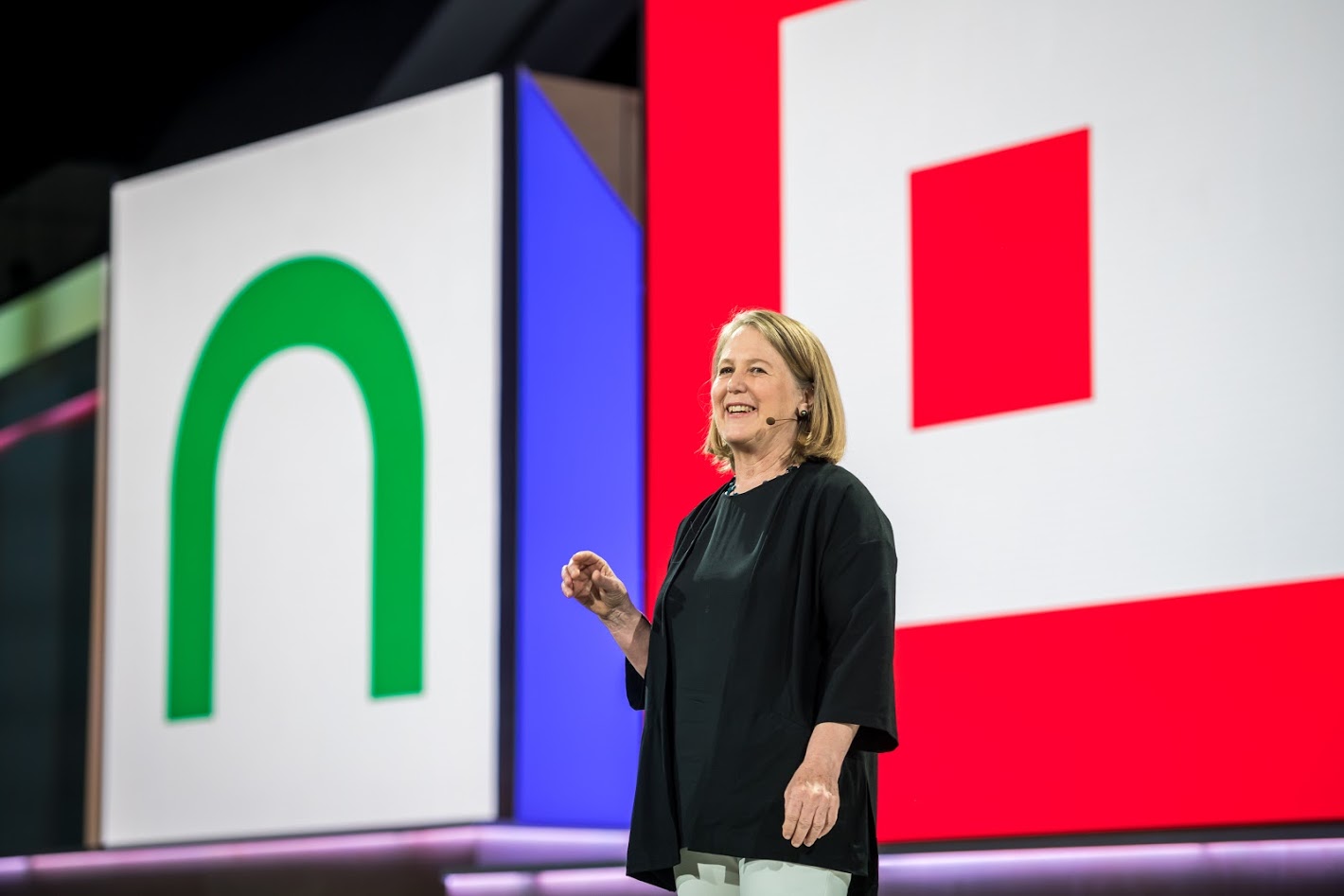 CLOUD
CLOUD
 CLOUD
CLOUD
 CLOUD
CLOUD
Why bring cloud computing to market if it’s just to copy what Amazon Web Services Inc. is already doing so well? Enterprise-grade cloud competitors such as Microsoft Corp. Azure and Google Cloud Platform must answer that question to customers.
Google’s answer is easy: ready-to-use services in contrast to Amazon’s configurable ones that may require homework.
“Amazon and Google are completely different animals,” said John Furrier, co-host of theCUBE, SiliconANGLE Media’s mobile livestreaming studio.
Amazon enjoys a much larger client base for one, and its set of cloud services currently dwarfs Google’s in the enterprise. Also, Google is making products out of the technologies that made it the richest company on Earth, including TensorFlow‘s open source machine learning platform, and Kubernetes‘ container orchestration product, by tweaking them into out-of-the-box consumable services.
Amazon, on the other hand, sells high composability as a means to innovation. Both breeds have pros and cons, and customers will vote with their wallets on which trade-off is more palatable.
Furrier spoke with co-host Dave Vellante this week during the Google Cloud Next event in San Francisco. They discussed Google’s moves to differentiate itself from Amazon and other cloud providers.
Google is betting that consistency with a common core set of primitives will render cloud services too simple for customers to refuse. This formula is quite different from what AWS does, according to Vellante. AWS services, such as DynamoDB NoSQL database, tend to lack common primitives.
“Each of those has a different [application program interface], and you’ve got to learn that world,” Vellante said. “What Google’s doing is they’re simplifying that with a common set of primitives.” This means that at least within Google, users can get up and running with services — on-premises or in the cloud — with a much shorter learning curve.
But what about environments outside Google? “Even though they have a common set of primitives, if you go to Azure or AWS, you still have different primitives over there,” Furrier said. So customers using multiple clouds would still have to learn the respective skill sets required.
GCP Chief Executive Officer Diane Greene (pictured) admitted that there is a tradeoff to common primitives, Vellante pointed out: It takes longer to get new services to market.
Here’s the complete video interview, part of SiliconANGLE’s and theCUBE’s wall-to-wall coverage of the Google Cloud Next event.
Support our mission to keep content open and free by engaging with theCUBE community. Join theCUBE’s Alumni Trust Network, where technology leaders connect, share intelligence and create opportunities.
Founded by tech visionaries John Furrier and Dave Vellante, SiliconANGLE Media has built a dynamic ecosystem of industry-leading digital media brands that reach 15+ million elite tech professionals. Our new proprietary theCUBE AI Video Cloud is breaking ground in audience interaction, leveraging theCUBEai.com neural network to help technology companies make data-driven decisions and stay at the forefront of industry conversations.